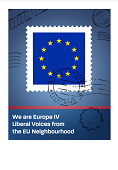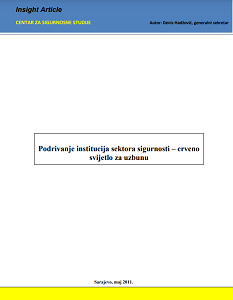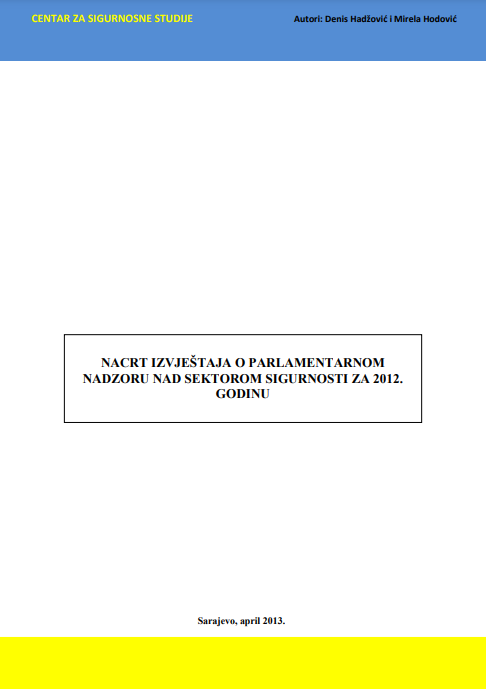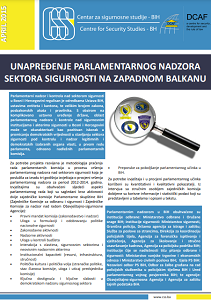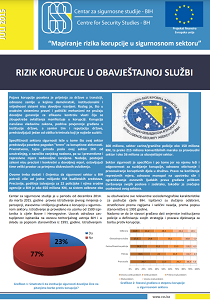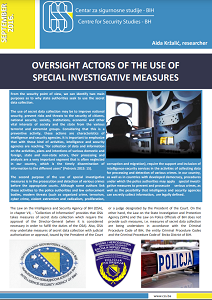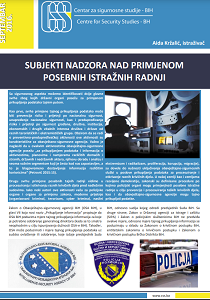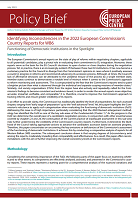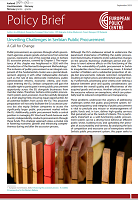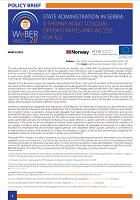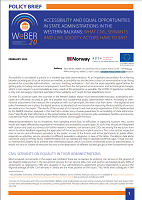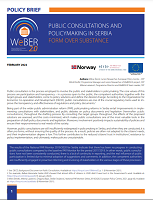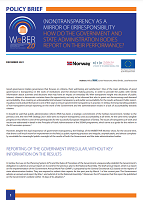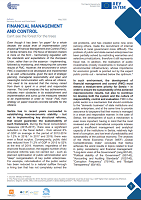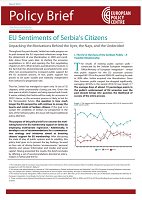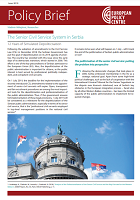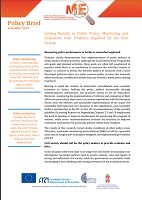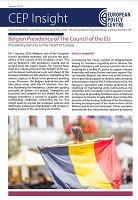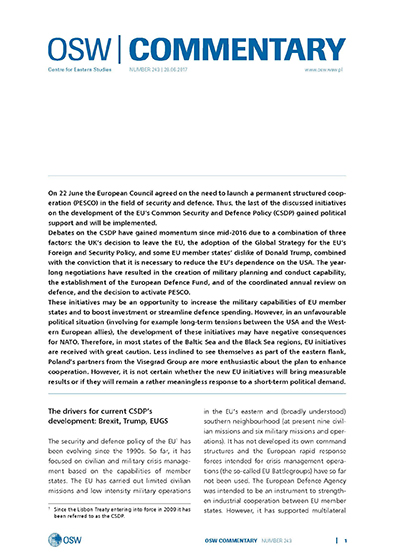
The Putin doctrine: The formation of a conceptual framework for Russian dominance in the post-Soviet area
The statements made in recent weeks by Russian of cials, and especially President Vladimir Putin, in connection with Moscow’s policy towards Ukraine, may suggest that the emergence of a certain doctrine of Russian foreign and security policy is at hand, especially in relation to the post-Soviet area. Most of the arguments at the core of this doctrine are not new, but recently they have been formulated more openly and in more radical terms. Those arguments concern the role of Russia as the defender of Russian-speaking communities abroad and the guarantor of their rights, as well as speci cally understood good neighbourly relations (meaning in fact limited sovereignty) as a precondition that must be met in order for Moscow to recognise the independence and territorial integrity of post-Soviet states. However, the new doctrine also includes arguments which have not been raised before, or have hither- to only been formulated on rare occasions, and which may indicate the future evolution of Russia’s policy. Speci cally, this refers to Russia’s use of extralegal categories, such as national interest, truth and justice, to justify its policy, and its recognition of military force as a legitimate instrument to defend its compatriots abroad.This doctrine is effectively an outline of the conceptual foundation for Russian dominance in the post-Soviet area. It offers a justi cation for the efforts to restore the unity of the ‘Russian nation’ (or more broadly, the Russian-speaking community), within a bloc pursuing close integration (the Eurasian Economic Union), or even within a single state encompassing at least parts of that area. As such, it poses a challenge for the West, which Moscow sees as the main opponent of Russia’s plans to build a new order in Europe (Eurasia) that would undermine the post-Cold War order.
More...
